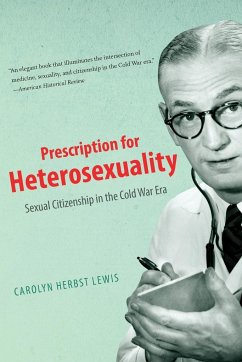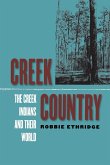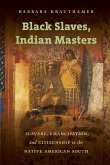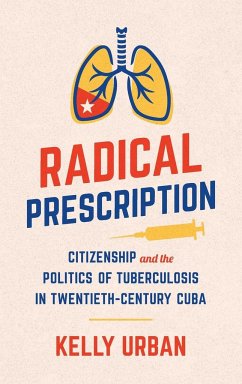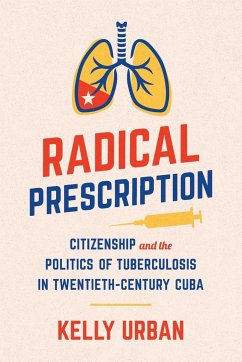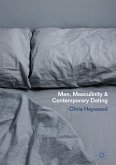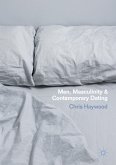In this lively and engaging work, Carolyn Lewis explores how medical practitioners, especially family physicians, situated themselves as the guardians of Americans' sexual well-being during the early years of the Cold War. She argues that many doctors viewed their patients' sexual habits as more than an issue of personal health. They believed that a satisfying sexual relationship between heterosexual couples with very specific attributes and boundaries was the foundation of a successful marriage, a fundamental source of happiness in the American family, and a crucial building block of a secure nation. Drawing on hundreds of articles and editorials in medical journals as well as other popular and professional literature, Lewis traces how medical professionals defined and reinforced heterosexuality in the mid-twentieth century, giving certain heterosexual desires and acts a veritable stamp of approval while labeling others as unhealthy or deviant. Lewis links their prescriptive treatment to Cold War anxieties about sexual norms, gender roles, and national security. Doctors of the time, Lewis argues, believed that "unhealthy" sexual acts, from same-sex desires to female-dominant acts, could cause personal and marital disaster; in short, says Lewis, they were "un-American."

